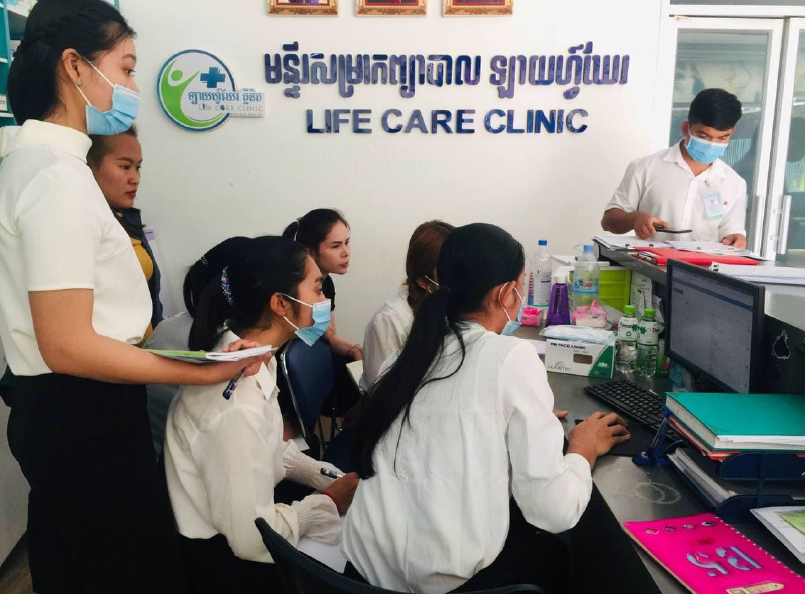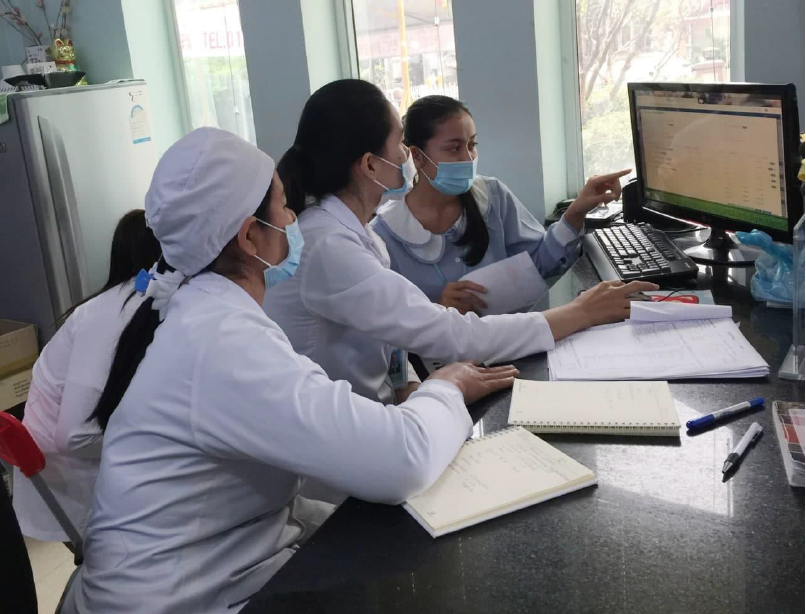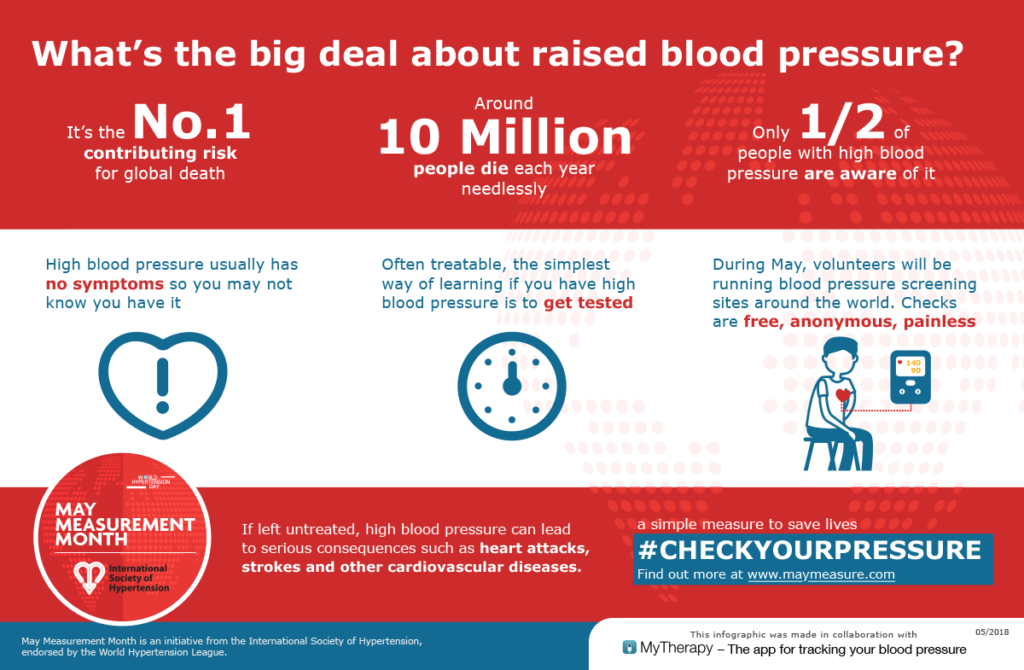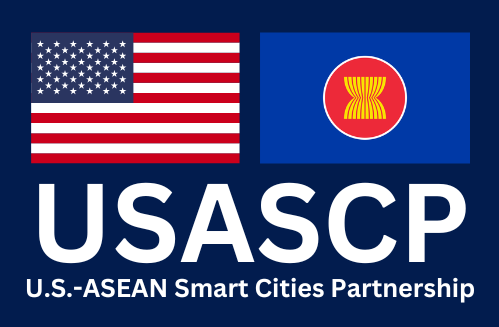The COVID-19 pandemic has underscored the importance of strengthening local health care infrastructure to expand access to services for all urban residents and build system resiliency. The U.S.-ASEAN Smart Cities Partnership (USASCP) is working across sectors with U.S. government partners, nonprofits, and local businesses to improve the identification of health risks and employ technology to better capture medical data for policymakers and practitioners.


The USASCP is working with our embassies in the region to increase resiliency of the local health care infrastructure as part of the U.S.-ASEAN Health Futures initiative. “Leveraging Technology to Upgrade Cambodian Cities Healthcare” was funded by the federal assistance of the US Department of State through the US Embassy in Phnom Penh and was implemented by Peth Yoeung, a cloud-based hospital management system by Womentech Asia Co., Ltd.
The objective of leveraging technology to upgrade healthcare in Cambodian cities involves the digitization of medical records and histories in hospitals in three ASEAN Smart Cities Network – 12 hospitals in Phnom Penh, 3 in Battambang and 4 in Siem Reap.
A $100,000 grant that went to Womentech Asia resulted in the following results to date: digitization of 63,300 medical records, 785 staff trained, and 19 hospitals engaged in the target cities. Of the 785 staff trained, over 50% were females and 35,000 of the patient medical records that were digitized were those of females and children.
Leveraging Technology to Upgrade Cambodian Cities Healthcare
The COVID-19 pandemic has underscored the importance of strengthening the local health care infrastructure to expand access to services for all urban residents and build system resiliency. USASCP is working across sectors with U.S. government partners, nonprofits, and local businesses to improve the identification of health risks and employ the use of technology to better capture medical data for policymakers and practitioners.
The objective of leveraging technology to upgrade healthcare in Cambodian cities involves the digitization of medical records and histories in hospitals in three ASEAN Smart Cities Network – Phnom Penh, Battambang and Siem Reap. The $100,000 grant to a technology business has resulted to date in the digitization of 63,300 medical records, 785 staff trained, and 19 hospitals engaged in the target cities.
Points of Contact
- Lauren Higgins, U.S. Embassy Phenom Penh
- Helen Santiago Fink, U.S.-ASEAN Smart Cities Partnership (USASCP) Program Manager
Strengthening Health Systems for COVID-19 Comorbidities
The objective of strengthening health systems for COVID-19 comorbidities is to increase the degree of sub-national/city level health data and undertake a multi-city blood pressure monitoring campaign throughout the ASEAN region to inform and strengthen local health systems. Through the collection of health metrics, awareness raising awareness and referral information, the project aims to identify at-risk individuals with COVID-19 comorbidities. The blood pressure campaign (known as May Measurement Month- MMM) was conducted May-November 2021 and included blood pressure measurements and atrial fibrillation screening. Additionally, an air pollution analysis is cross tabulating the health metrics with retrospective air pollution (PM2.5/10) and meteorological data to identify enhanced medical risks. The collection of sub-national health data and correlation with air pollution data will help support policy and practice actions.
USASCP brought together a broad network of stakeholders for both May Measurement Month and the Air Pollution Study, including national and local health ministries, private companies, and non-governmental organizations. Five countries participated in MMM and received blood pressure measurement and atrial fibrillation detection equipment. In total, the program in 2021 generated more than 85,000 individual blood pressure measurements, and patients found to have hypertension or atrial fibrillation were provided with free diet and lifestyle coaching.

The second phase of the program pairs the blood pressure and atrial fibrillation data with current and historical air pollution levels to identity high-risk areas and populations. Researchers in Malaysia, Indonesia, the Philippines, Thailand and Vietnam took part in the Air Pollution Study, which established location details with associated air particle profiles via land-based monitors and satellite data. Researchers in the Philippines, Thailand, and Vietnam have collected air pollution data and are prepared to cross-reference their findings with data from MMM. In addition to current air pollution data, a retrospective air pollution study is nearing completion and will give smart city health planners a better understanding of how historical exposure to air pollution over a period of years affects cardiovascular health.
This program is providing participating cities with the expertise and equipment needed to understand the relationship between air pollution, cardiovascular health, and COVID-19 comorbidities and develop public health initiatives to improve health outcomes and overall quality of life for residents. The formal May Measurement Month 2021 can be found here.
Please see the documents below for a full breakdown of MMM in the five participating countries:
Points of Contact
- Patricia Richter, Center for Disease Control (CDC)
- Meredith Kruse, Center for Disease Control (CDC)
- Helen Santiago Fink, U.S.-ASEAN Smart Cities Partnership (USASCP) Program Manager
 U.S.-ASEAN Smart Cities Partnership
U.S.-ASEAN Smart Cities Partnership

